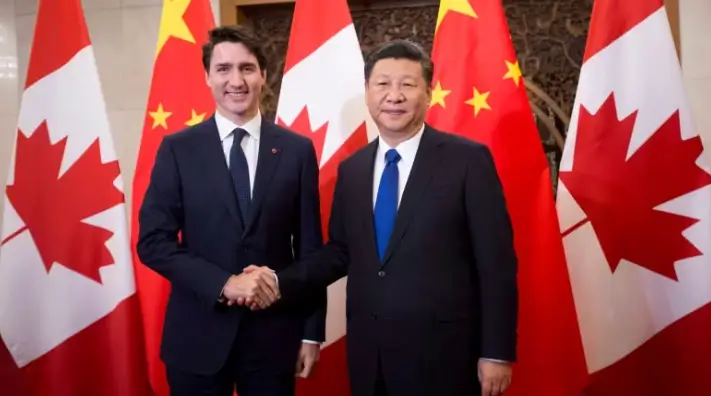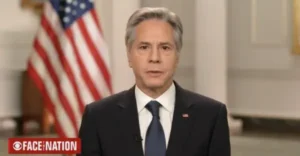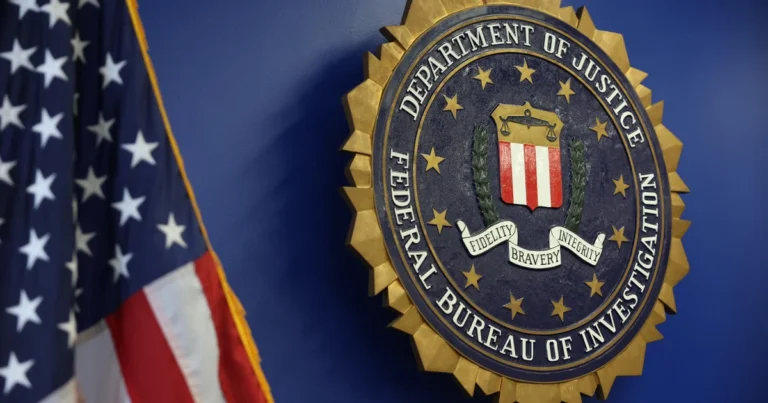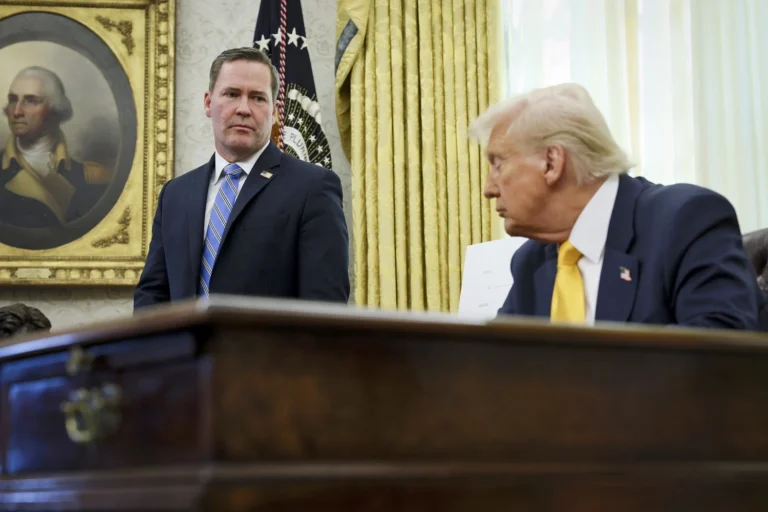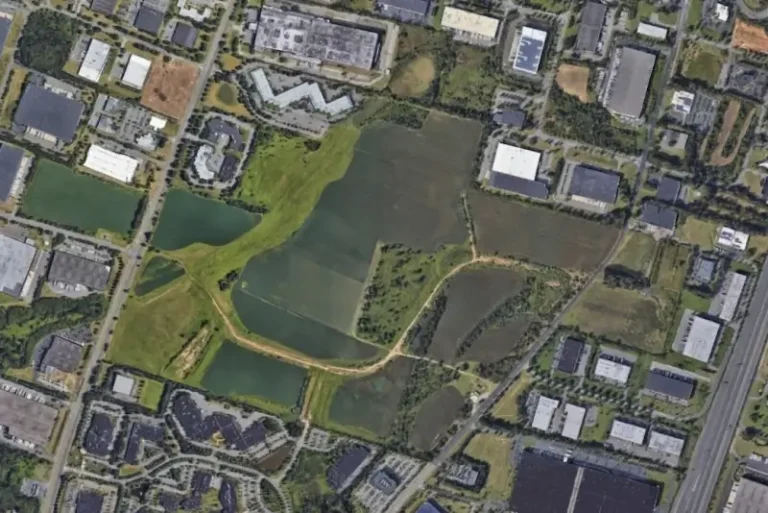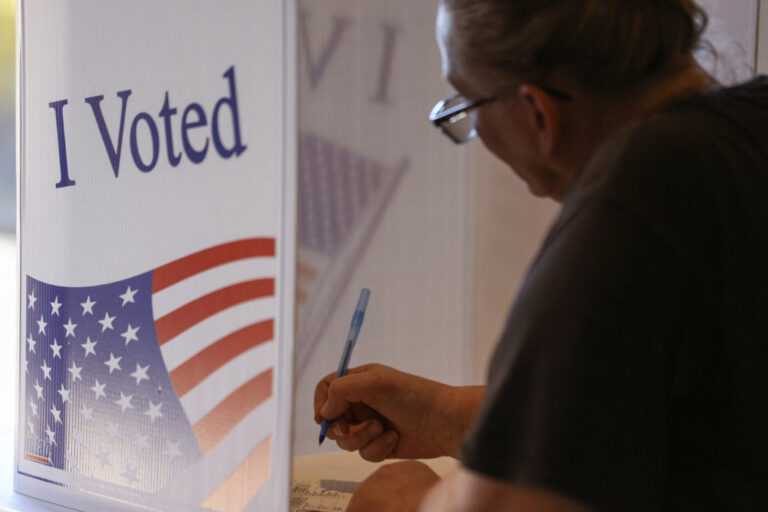The Canadian government has given Chinese law enforcement assistance in their pursuit of fugitive Chinese nationals living abroad for decades, an investigation by CBC’s The Fifth Estate has learned.
In Canada, that help has sometimes come as a result of quid pro quo deals, people with first-hand knowledge of the relationship, including two former Canadian ambassadors to China, told The Fifth Estate.
Calvin Chrustie, a former RCMP operations officer in British Columbia, said in an interview that he received direction “from Ottawa at the highest level” to “assist and collaborate with” Chinese officials regarding a “high-profile fugitive that they were after in the Vancouver area.”
Chrustie said he refused to facilitate a meeting for the Chinese officials, who wanted to interview the fugitive and convince the person to voluntarily return to China to face prosecution.
China has ensured Canada’s continuing co-operation by bartering on trade, offering assistance fighting illegal drugs and by negotiating the release of Canadians arbitrarily detained in China, The Fifth Estate investigation found.
“Our economic interests sort of drove this,” said veteran Toronto immigration lawyer Lorne Waldman, who represents a number of people now in Canada who are wanted by Chinese authorities.
“We turned a blind eye to the lack of rule of law in China and turned a blind eye to the fact that we should be way more skeptical about the evidence coming from China. And as time went on, we turned a blind eye to the fact that Chinese agents were acting in Canada.”

Public Safety Minister Dominic LeBlanc declined to be interviewed for this story.
Earlier this year, politicians in Ottawa decried the reported existence of several alleged Chinese police stations in Montreal, Toronto and Vancouver. But Canadian officials were already well aware of Chinese police operations in Canada.
Sky Net and Fox Hunt
Since 2014, the Chinese government has aggressively pursued the return of alleged corrupt public officials and economic criminals living abroad through long-arm police operations it dubbed Sky Net and Fox Hunt.
According to the Chinese government, thousands of alleged fugitives have been returned to China to face prosecution. Many returns are highlighted on state television.
In its 2019 annual report, Canada’s National Security and Intelligence Committee of Parliamentarians found that: “Chinese security officials have taken a number of measures to conduct Operation Fox Hunt, including diplomatic pressure on foreign states to co-operate with their investigations and covert trips to persuade or coerce fugitives to return. They employ these measures with Canada.”
- Canadian detained in China for 2 years urges caution on trade talks
- Michael Kovrig and Michael Spavor arrive in Canada after nearly 3-year detention in China
But critics say Canada co-operated with China’s fugitive hunt for years while ignoring or downplaying issues in China around the lack of an independent judiciary and the use of coercion, including torture, to gather evidence.
“We’ve been successful in cases involving Chinese accusations in getting the evidence thrown out because it was the product of torture,” Waldman said.
Waldman declined requests from The Fifth Estate to interview clients of his who are fugitives from China over fears that family members back home could face retribution from Beijing.
Waldman told The Fifth Estate that not only is the federal government still trying to remove his clients wanted by China, but CSIS officials have also interviewed some of those same clients to determine to what extent they are being harassed or threatened by Chinese authorities to return to face charges.
“Some of these were people that [the Canada Border Service Agency] was actively trying to send back to China,” Waldman said.
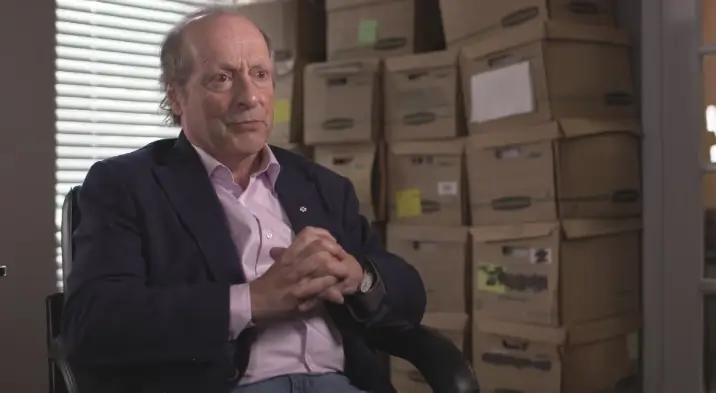
CSIS declined to be interviewed for this story, but in an email, a spokesperson said that China uses “all elements of state power to carry out activities that are a direct threat to our national security and sovereignty.”
One notable example of that, the spokesperson said, is “Operation Fox Hunt, which claims to target corruption but is also believed to have been used as cover for silencing dissent, pressuring political opponents, forcing repatriations and involuntary returns of [People’s Republic of China] nationals or non-PRC nationals born in the PRC, and instilling a general fear of state power no matter where a person is located.”
Because Canada does not have an extradition treaty with China, the immigration and refugee system is used to remove alleged fugitives. Canadian officials present evidence at Immigration and Refugee Board hearings that they receive from Chinese authorities.
“I don’t believe a Superior Court judge would ever authorize an extradition back to China given the state of the rule of law there,” Waldman said. “So if that’s the case, and we’re not prepared to extradite and we’ve never extradited, why are we deporting people back to China based on evidence that we know is not reliable?”
In 2015, China released a list of 100 wanted economic fugitives, of whom 26 were believed to be in Canada.

A Canada Border Services Agency breakdown of thousands of Chinese nationals removed from Canada obtained through access to information disclosed that between 2008 and 2020, 33 were removed because of allegations of “criminality” or “serious criminality” in another country.
The CBSA declined to be interviewed for this story.
In an emailed statement, a spokesperson for the agency said “in all cases where the CBSA decides to advance an allegation of inadmissibility, the Immigration and Refugee Board is the final decision-maker.”
Canada’s co-operation
The Fifth Estate found that over the past two decades, China made Canada’s co-operation in its fugitive hunt conditional for co-operation on matters urgent to Canada.
For example, Guy Saint-Jacques, who served as Canada’s ambassador to China from 2012 to 2016, says that the federal government was willing to co-operate on repatriations in return for Chinese government help curtailing the flow of fentanyl into Canada.
“A memorandum of understanding was signed between the RCMP and the [Chinese] Ministry of Public Security saying visits of Chinese inspectors will be allowed to Canada,” Saint-Jaques said in an interview with The Fifth Estate.
He added that the Chinese investigators would be required to provide details in advance of the visits, including who officials would be speaking with and why. It was also required that a Mandarin-speaking RCMP officer be present for the meetings.
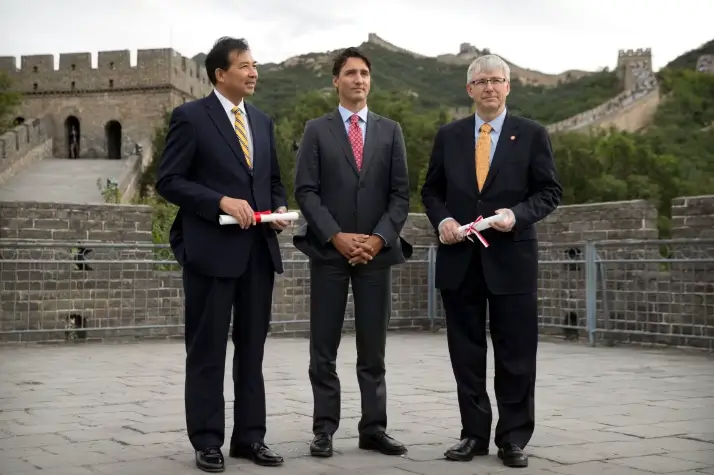
However, it appears there were instances when the Chinese flouted these requirements.
“The first visit took place in the spring of 2016,” Saint-Jaques said, “and soon after that, the CSIS liaison officer at the embassy came to see me and he said, ‘Mr. Ambassador, I have to report that we caught some members of the Chinese delegation doing extracurricular activities.'”
Saint-Jaques would not say what those activities were. He brought the issue up, he said, with a Chinese counterpart who assured him this type of activity would not happen again, but Saint-Jaques said that is difficult to verify.
Chrustie was a senior operations officer in British Columbia when he said he was asked to facilitate an interview between Chinese officials and “a high-profile fugitive that they were after in the Vancouver area.”
Asked if it was a request or an order, he said: “It was a request followed up by a strong reinforcement that it was coming directly from Ottawa at the highest level.”
He did not feel comfortable facilitating that interview, he said.
- 5 from B.C. on China’s ‘most wanted’ list of 22 alleged criminals
- Spectre of Chinese ‘Fox Hunt’ looms over Li Keqiang’s visit to Ottawa with Trudeau
“My understanding was China was one of those countries that didn’t have a great track record for due process.”
For years, the RCMP and CBSA participated in working groups with their Chinese counterparts to discuss various areas of collaboration, including repatriating fugitives in Canada back to China.
The 2019 annual report of the National Security and Intelligence Committee of Parliamentarians further noted that in 2015, Global Affairs Canada took the lead in Ottawa and “established an interdepartmental working group with CSIS, the RCMP, the Department of Justice and CBSA that met regularly (every two to three months) to discuss Fox Hunt.”
The RCMP declined The Fifth Estate‘s interview request for this story, but in an email response said that “through our Interpol Ottawa office and our RCMP liaison officer program, the RCMP works with foreign law enforcement agencies to facilitate the international aspects of investigations.
“The RCMP’s assistance in international matters is always conducted with due diligence and in accordance with established policies and procedures in Canada,” the email said.
The disappearance of Tao Mi
The beginnings of Canada’s co-operation with China’s global fugitive hunt go back more than 20 years to a sweeping corruption case in Fujian province.
In 1999, Canadian immigration officials received a refugee status claim from a man known in Western media as “China’s most wanted” and the “smuggling king.”
Lai Changxing had allegedly wined, dined and bribed Chinese officials as he imported cigarettes, oil and other commodities tax free. When political winds began to shift, Lai fled China and arrived in Canada.
“Lai was a spectacularly successful fraudster,” David Mulroney, a former Canadian ambassador to China, told The Fifth Estate. “It was reputed that his links went up to the very highest leadership levels in Beijing, so he was a very sensitive person for them.”
In 2000, in an attempt to coerce Lai to return, three Chinese security agents and Lai’s brother secretly travelled to Vancouver, stating on visa applications they were on an agricultural business trip. The plot was later revealed by Lai at his refugee proceedings.
As a part of the proceedings for Lai’s refugee application, Canadian officials reviewed sworn statements of Chinese nationals provided by Chinese authorities alleging knowledge of his illegal activities, including one from a woman named Tao Mi, who had worked for Lai and his wife.
Worried that her statement would be used to return Lai to China, in November 2001 Tao Mi contacted Canadian lawyer Clive Ansley.
source: cbc.ca/canada-china-fugitives













